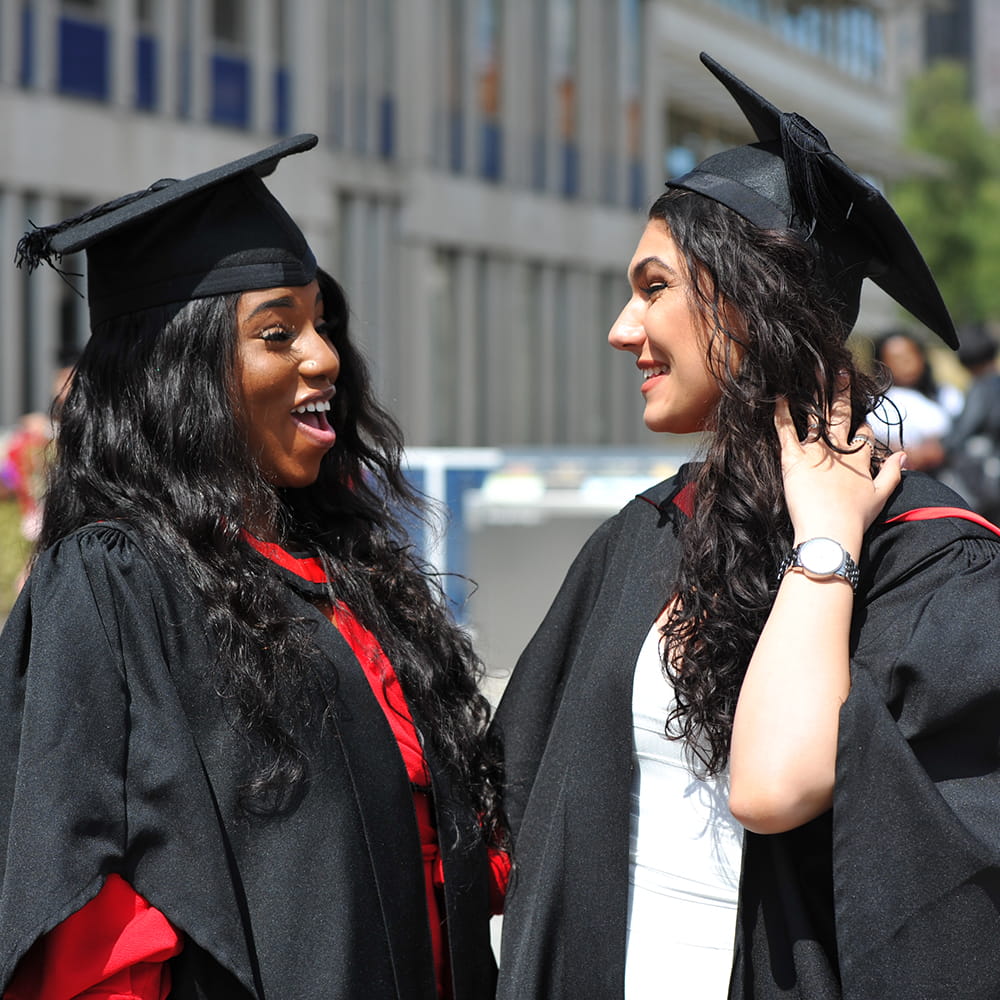Your future is a big deal and we know that it can be stressful trying to figure it all out. But here's the deal, we don't expect you to know what you want to do before you start your degree, and you shouldn't either. We've got you covered.
The great thing about going to university is that as you progress through your studies, you'll discover what truly interests you. And the beauty of a humanities-based degree? Your opportunities to apply your skills in various industries knows no limits.
You'll have access to loads of exciting opportunities and ongoing advice and guidance in helping you carve out a future that aligns with you're developing interests. You're never left to figure it out alone. It's just not how we do things here.
So, right now think of future you - the future you that will be grateful you soaked up all the opportunities during your degree that will put you in the best possible position for what comes next.
This page gives you a look into all the different things you can do during your time here - whether that's a paid internship, getting hands-on entrepreneurial experience, volunteering to help endangered sea turtles in Costa Rica, or spending a year in Europe networking, and getting to know what you are truly capable of.
;)









